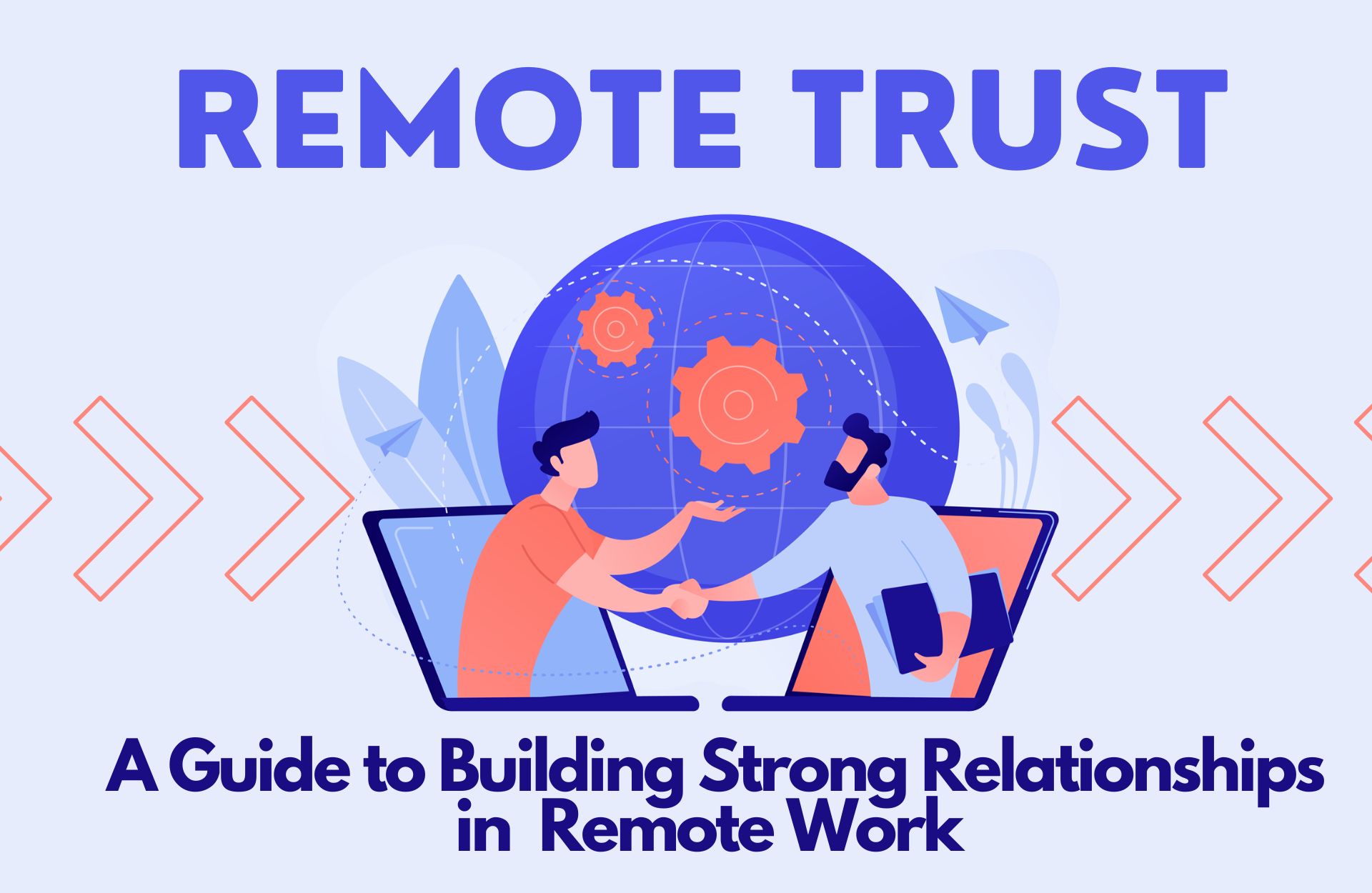Remote working, also known as telecommuting or working from home, is when employees are able to perform job duties outside of a traditional office setting. Remote work has become increasingly popular in recent years, but the COVID-19 pandemic has accelerated its adoption. Many companies have had to quickly adapt to remote work to continue operating, and as a result, it has become a permanent feature of many workplaces.
While remote working has many benefits, it also has the potential to affect company culture. The purpose of this article is to explore the positive and negative impacts of remote work on company culture and to provide recommendations for companies that have implemented or are considering implementing a remote work policy.
Article inside
The purpose of this paper is to examine the impact of remote work on company culture. Company culture refers to the values, beliefs and practices that shape an organization’s identity and guide its behaviour. As remote work becomes more common, it’s important to understand how it affects an organization’s culture.
This article will explore the potential positive impacts of remote work on company culture, such as increased flexibility and work-life balance, and the potential for a more diverse and inclusive workforce. In addition, it will examine potential negative effects of remote work, such as challenges in communication and collaboration, and loss of face-to-face contact between team members.
The purpose of this article is to provide a comprehensive understanding of the impact of remote work on company culture and to provide valuable insights for companies that are currently implementing or considering implementing a remote work policy in the future. By understanding the benefits and challenges of remote work, companies can make informed decisions about how best to support employees and maintain a positive company culture while working remotely.
Positive Impact of Remote Work on Company Culture
One of the major positive impacts of remote work on company culture is increased employee flexibility and work-life balance. Remote work allows employees to perform their job duties anytime, anywhere, which can help them better manage their personal and professional responsibilities. This increases employee satisfaction and well-being, which can positively impact company culture. You may also like to read: How to Achieve Work-Life Balance When Work Remotely
Another positive effect of remote work on company culture is the potential for increased diversity and inclusion. Remote work allows companies to expand their talent pool beyond a specific geographic location, which can lead to a more diverse workforce. A diverse workforce brings a variety of perspectives and ideas, leading to better problem solving and decision making, and fosters a more inclusive and welcoming company culture.
In addition, remote work can also promote a better work-life balance. By eliminating the time and energy of commuting, it can also help attract and retain talent who may have other priorities, such as family or personal development, leading to greater loyalty. and a satisfied workforce.
Overall, remote work has the potential to positively impact company culture by providing employees with greater flexibility, diversity and inclusion, and work-life balance. Companies can support these positive impacts by providing the tools, resources, and support necessary to ensure effective communication, collaboration, and productivity for remote employees.
Another potentially positive effect of remote work on company culture is the ability to attract top talent from anywhere. Remote work enables companies to expand their talent pool beyond a specific geographic location, which is especially valuable in industries where competition for top talent is fierce. This can create a more skilled and experienced workforce, which can positively impact company culture and overall performance.
In addition, remote work can also be a great opportunity for companies to reduce office costs and expenses, which helps to focus on more important things to improve company culture and employee well-being. You may also like to know: How Remote Work Can Increase Business Profits
Additionally, remote work can promote better work-life balance, and by eliminating the time and energy of commuting, it can also help attract and retain talent who may have other priorities, such as family or personal development, making them more productive. Engaged and satisfied workforce.
Negative Impact of Remote Work on Company Culture
While remote work has many potentially positive effects on company culture, it also has the potential to negatively impact communication and collaboration among team members. Without face-to-face interactions, remote workers have a harder time building relationships with colleagues and making it harder for teams to collaborate effectively on projects. This can lead to a sense of disconnect and isolation among remote workers, which can negatively impact company culture.
Another negative effect of remote work on company culture is the loss of face-to-face connection between team members. A lack of physical interaction can make it harder for remote workers to connect with colleagues and develop camaraderie. This can lead to a less cohesive and engaged workforce, which can negatively impact company culture.
Remote work can also create difficulties in monitoring and managing employee productivity, which can lead to mistrust and a lack of transparency among team members and managers. This can create an atmosphere of suspicion and mistrust, which can negatively impact company culture.
Additionally, working remotely can make it harder for managers to effectively lead and manage their teams. Without being able to observe team members in person, it can be more difficult for managers to understand the needs of their teams, provide feedback and coaching, and foster a positive company culture.
Overall, remote work can negatively impact company culture by creating challenges in communication, collaboration, and employee engagement. Companies can support mitigating these challenges by providing training and resources on effective communication, collaboration and productivity tools, and by creating opportunities for virtual team-building and networking events.
Conclusion
In conclusion, remote work has the potential to positively impact company culture by providing employees with greater flexibility, diversity and inclusion, and work-life balance. However, it also has the potential to negatively impact communication, collaboration and employee engagement. Companies can support mitigating these challenges by providing training and resources on effective communication, collaboration and productivity tools, and by creating opportunities for virtual team-building and networking events.
It’s important for companies to find the right balance between remote work and face-to-face interactions to ensure employees stay connected to their colleagues and company culture. This can include regular virtual meetings, team-building events, and occasional opportunities for remote workers to come into the office.
Additionally, companies should be open to employees about their remote work policies and expectations, and should provide clear guidelines and resources to help employees stay productive and engaged while working remotely.
Overall, remote work can have both positive and negative effects on company culture. By understanding these implications, companies can make informed decisions about how best to support employees and maintain a positive company culture while working remotely.





